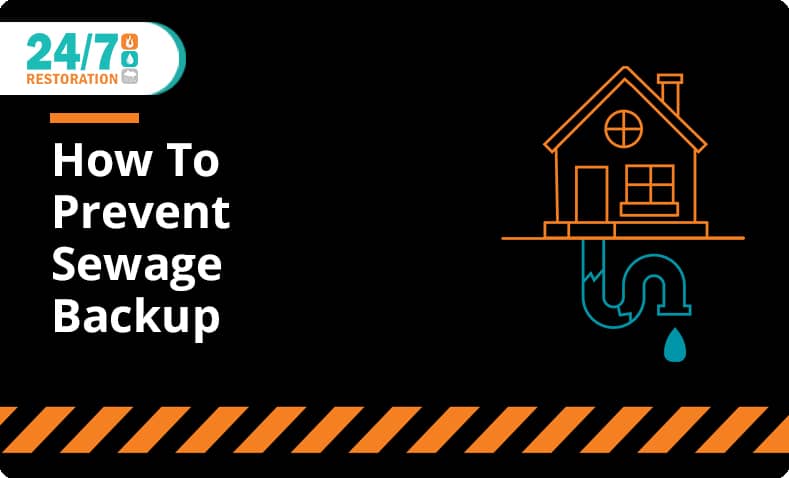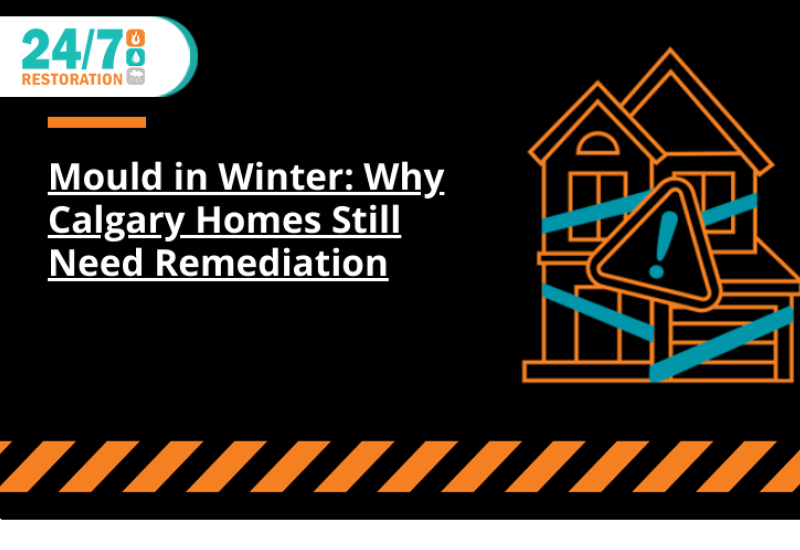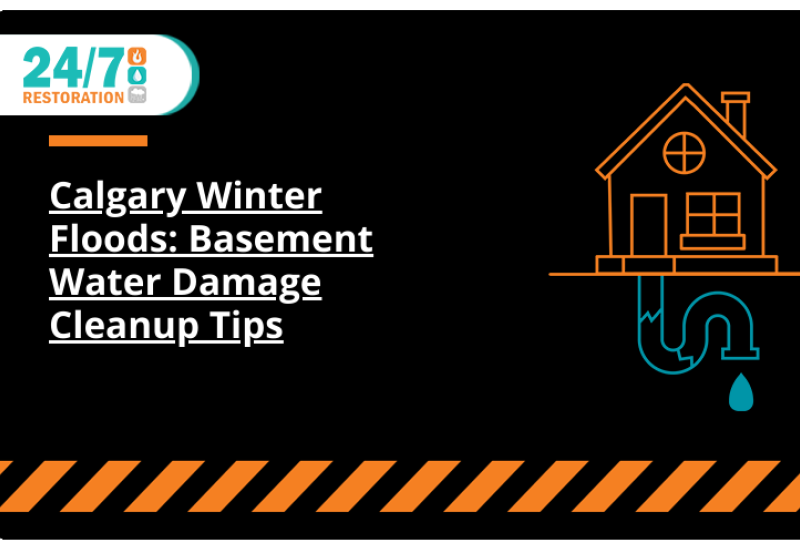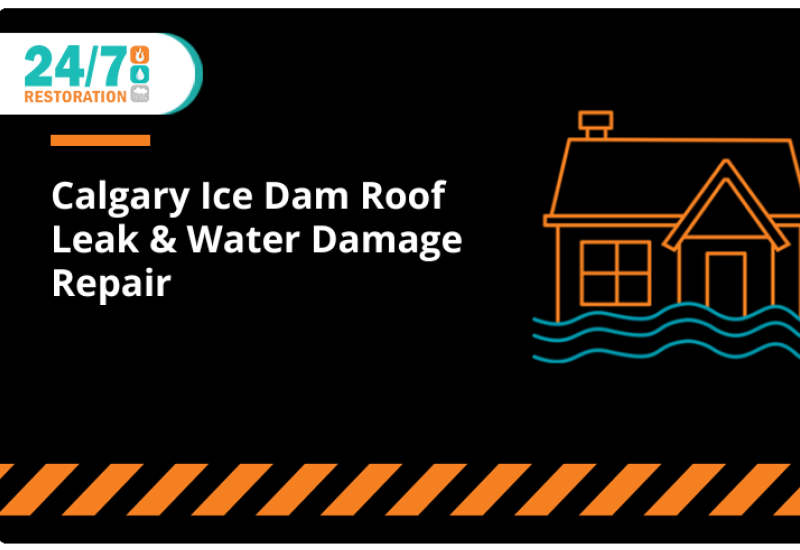Tips To Avoid A Sewage Backup
Don’t Pour Grease Down The Drain. This includes cooking oil, bacon grease, fat from cooked meats, or anything else that will congeal when it cools. Pouring grease down the drain, especially repeatedly, can easily lead to clogs and backups as the grease coats the pipes and builds up. If the grease you need to dispose of solidifies easily, pour it into some sort of vessel, like a bowl, and let it harden in the fridge. Once it’s solid, you can scrape it out with a spatula or a paper towel and throw it in the garbage. For oil that doesn’t solidify as well, such as canola oil, absorb it with a paper towel and then throw it out.
Be Mindful Of What You Flush. Toilet paper is the only paper product meant to be flushed down the toilet. Don’t flush paper towels, feminine hygiene products, disposable or reusable diapers, cotton balls, baby wipes, or any other bathroom products that are not toilet paper. Your toilet and other drains in your home are not designed for these objects and can easily become clogged. Hair also shouldn’t be washed down the drain as it can get caught up on the sides of your pipes and quickly accumulate, leading to clogs. To prevent this, put mesh covers over the shower and sink drains and don’t flush hair down the toilet.
Use Plastic Pipes. There are several benefits to using plastic pipes. These pipes are smoother along the inside than metal pipes, making them less prone to clogs. Plastic pipes are also more resistant to tree root damage, which is one of the main causes of sewer backups.
Try A Backwater Prevention Valve. To prevent sewage backups, you can have one of these valves installed so that water goes out but it can’t come back in. Installing a backwater prevention valve is easiest when the house is being built. It can be retrofitted after the fact as well, although it will cost more, as your plumber may need to remove cement to gain access to the main sewer line. If you live in an area that is prone to flooding or if you have a flood-prone basement, a backwater prevention valve is a good investment.
If You Have A Sewage Backup, Call 24/7 Restoration In Calgary
If you do suffer from a sewage backup, call a restoration expert for cleanup. Because of the harmful bacteria in sewage water, do not attempt to clean it up yourself. You need a professional with the right training and equipment for sewage backup remediation. Our specialized decontamination team will keep you safe and manage all of your sewage backup needs. Our 24-hour emergency line is available so that we can quickly act to avoid unnecessary secondary destruction that can come with a sewage backup. If you have experienced a sewage backup, call the restoration experts at 24/7 Restoration at 1-403-247-4365 for immediate service, or fill out the online contact form if you have any questions.
FAQ
Q: Can I use bleach to clean up a sewage backup by myself?
A: No. While bleach kills 99% of common household germs it DOES NOT remove or kill the contamination caused by black water. While bleach may clean the stains associated with a sewer backup the contamination left behind still poses significant health risks.
Q: What are the first signs of a sewage backup?
A: It is possible to pre-empt a sewage backup. If your home or building is starting to smell foul, a backup could be imminent. You should also prepare for minor backups if your toilet or sink is partially blocked.
Q: What sort of sewer backup or water damage can 24/7 Restoration cleanup?
A: The experienced 24/7 Restoration Sewage Backup Cleanup team is skilled at managing, cleaning, and treating dangerous sewage. We are equipped to handle all sewage issues, including hazardous Category 3 water contaminations.




